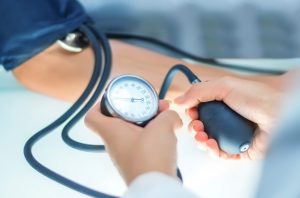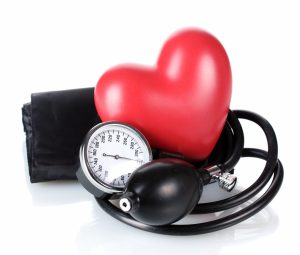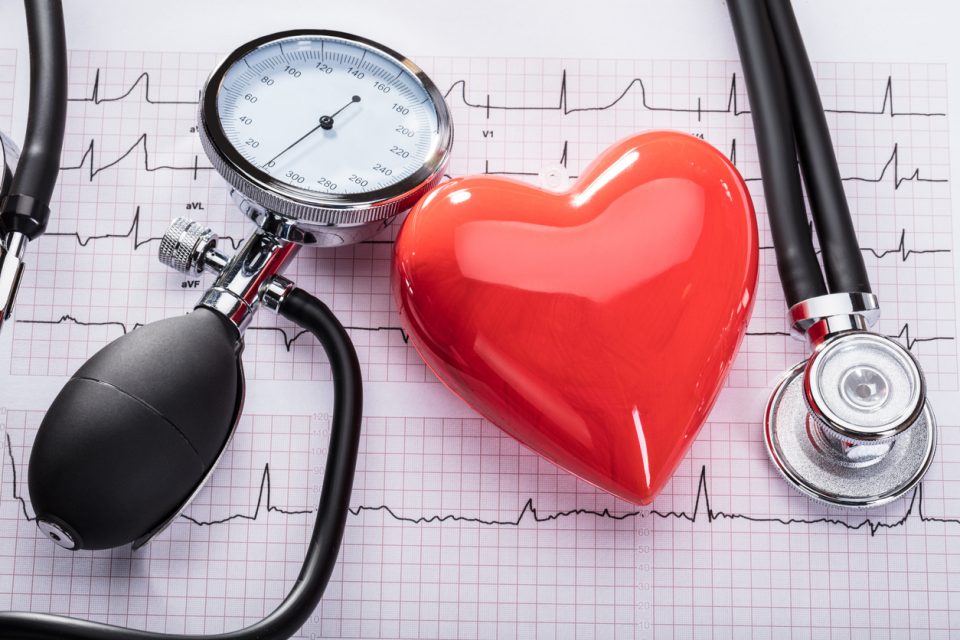Increased blood pressure (BP) – temporary or constant blood pressure in the arteries above 140/86 mm Hg. Blood pressure is the force with which blood presses against the wall of an artery. Normally, this force should not exceed 140/90 mm. Otherwise, within a year, changes appear in the target organs (brain, kidneys, heart muscle, etc.): the organs cease to function normally and their failure develops.
Hypertension is twice as common in men as in women. Among the population, arterial hypertension occurs in 78% of Russian citizens, but only 48% of the population receive treatment.
Symptoms of the onset of hypertension largely coincide with the signs of ordinary fatigue. Therefore, about half of patients for the first time hear about their diagnosis only from an ambulance doctor. The rise in blood pressure can occur gradually or suddenly. Sudden increase in blood pressure, 25% of baseline or over 160/90 mm Hg. Art. means a life-threatening hypertensive crisis. However, the increased insignificantly, but constantly, blood pressure carries no less risks and a less sharp rise may signal a serious danger looming over you. Most often, high blood pressure leads to hypertension, and can be the result of severe kidney disease, thyroid gland, diabetes mellitus, premenstrual syndrome, obesity, procedures that affect the amount of fluid in the body, side effects of drugs, etc. food can temporarily raise blood pressure. It is not so much the increase in blood pressure itself that is dangerous, but the deterioration of the blood supply to vital organs, to which it leads.
Long-term increased blood pressure on the wall of the arteries, on the one hand, damages them, and on the other hand, disrupts their tone (it becomes higher, the arteries are compressed, which aggravates the already high pressure). Blood cells, fibrin, lipoproteins are layered at the site of damage, which eventually leads to the formation of plaques and a decrease in the internal lumen of the artery and disrupts the nutrition of organs. In the brain, this leads to early dementia (a decrease in intelligence and physical activity), in the kidneys, this leads to a loss of protein, fluid retention and a decrease in the rate of excretion of metabolic products (decay, vital activity …)
A sharp increase in blood pressure carries a high risk of heart attack and stroke, especially in people who are not adapted to high blood pressure. Among the symptoms, the most common are headache, facial flushing, palpitations, nausea / vomiting, dizziness / loss of consciousness, etc.
Most often, therapists (general practitioners), cardiologists are involved in the treatment of high blood pressure, but you may need to get additional advice from an endocrinologist, neurologist, gynecologist. If you have relatives who have suffered from hypertension, heart attacks https://en.wikipedia.org/wiki/Myocardial_infarction, strokes, you just need to undergo a genetic examination according to the profile of hypertension, and even more informative – a genetic passport. Having identified the most significant risks to your health, MedLab specialists will offer you an individual examination program and effective individual treatment, and develop an individual diet.
Who should you contact if you have signs of hypertension?
You should contact a therapist who, if necessary, will refer you to a cardiologist, neurologist, endocrinologist, geneticist, and possibly a gynecologist or homeopath.
